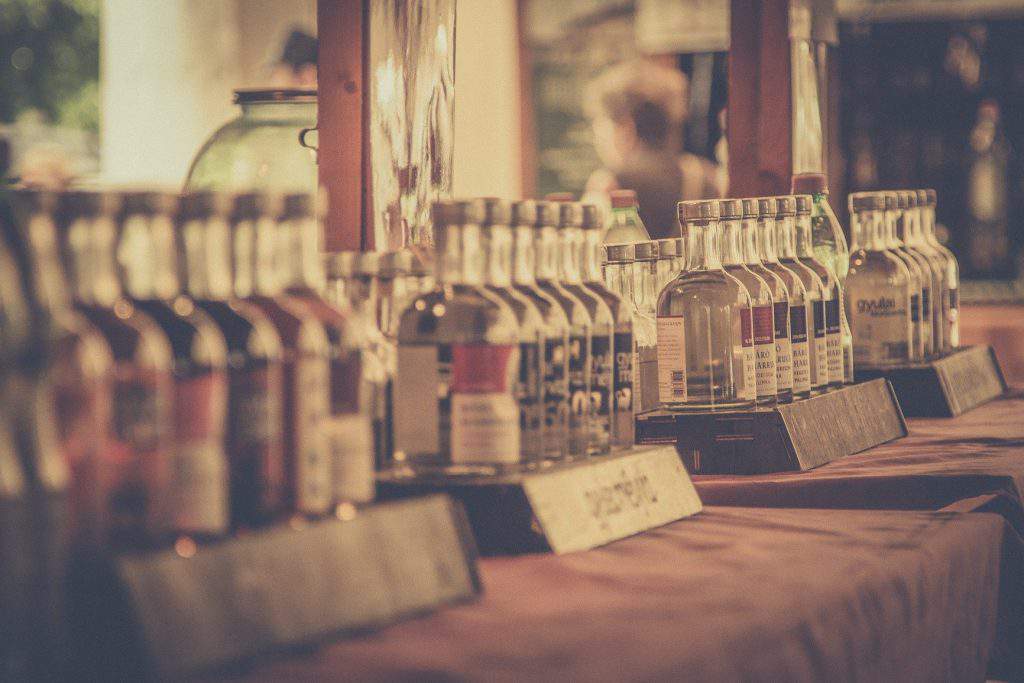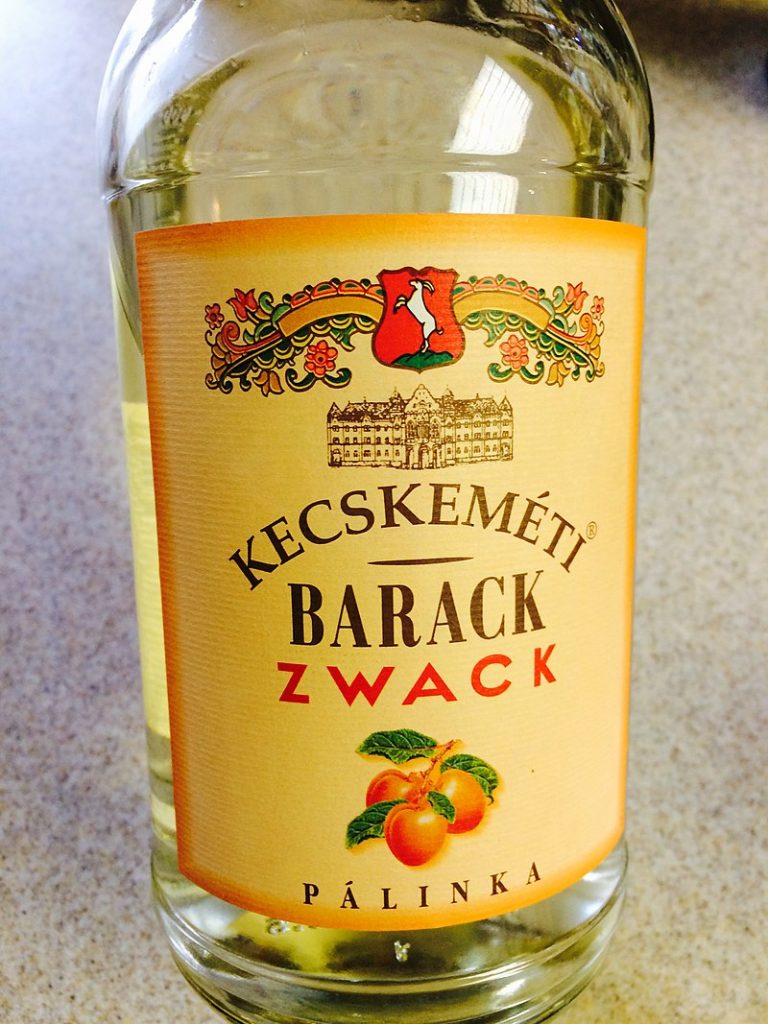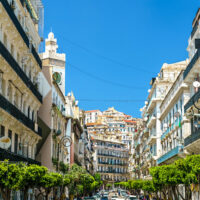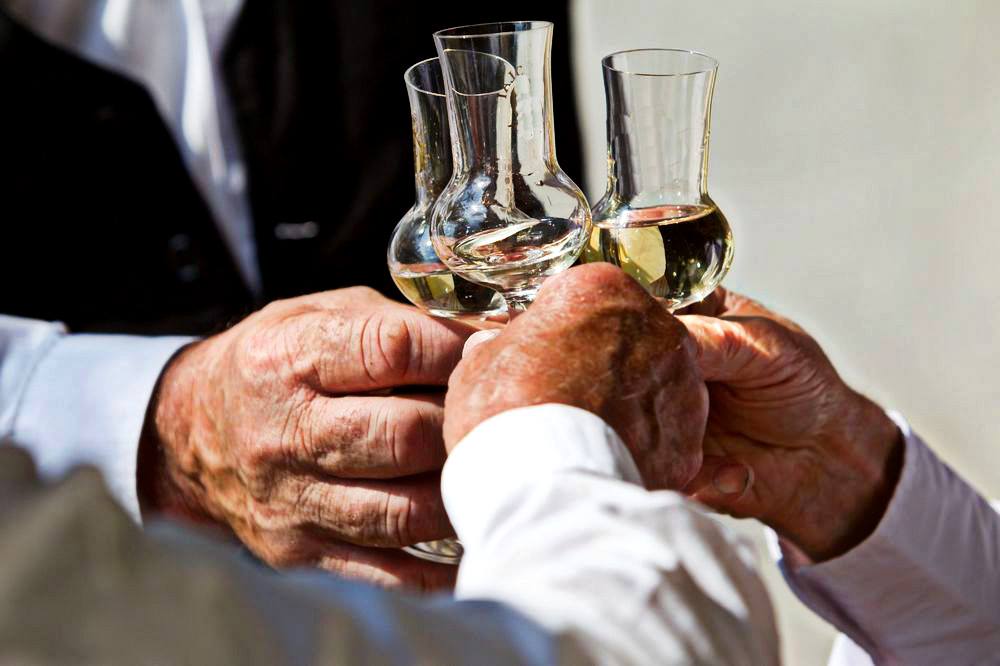The history of Hungary’s most famous alcohol: Pálinka
The Hungarian pálinka is probably the best-known alcoholic drink besides our most famous wines. It has a long history and tradition, and it became a part of Hungarian culture a very long time ago. The traditional fruit brandy drink is famous all over the world, but as it is a true Hungarikum, only Hungary and four Austrian provinces are allowed to use the word “pálinka” for the drink.
The usual ingredients of pálinka are plum, cherry, grapes, pear, apple and peach, but in general, this truly Hungarian drink can be made out of any kind of fruit – reports Magyarországom. According to Hungarian law, the name “pálinka” only stands for drinks made in Hungary out of Hungarian fruit and ingredients.
The history of pálinka is as old as the method of distillation. The first drink made with this method comes from 14th-century medieval Hungary. In a 1656 book, it is written that Róbert Károly’s (Hungarian king [1288–1342]) wife Elizabeth cured her arthritis with rosemary aqua-vitae which was distilled alcohol. Another part of the book mentions the Hungarian town of Bártfa in 1438 and describes the equipment the town made to use for distillation.
The first written mention of pálinka comes from 1630 from the Slovakian word “palenka” and meant distilled fruits, cereals and wine at the same time. The first fruity pálinka was born in 1658 in Hungary. From the 17–18th century, archaeologists found several types of equipment which prove that making pálinka became a separate industry in Hungary. The word “pálinka” became part of the Hungarian language in the same period.

Photo: www.facebook.com/palinkafesztivalgyula
By the 19th century, more than a thousand distilleries were established which produced pálinka for Hungary as well as to export to the international market. During the World War, the production decreased, and several strict laws and rules were introduced which set new standards for pálinka makers in the country. After 1989, the Hungarian factories had to be renovated due to their outdated equipment, and the lack of ingredients was also a serious problem. In 2008, Hungary established the ‘pálinka law’ which protects this Hungarian product all over the word from illegal usage.
An interesting fact is that in the 1900s, pálinka had the nickname “coffee of the poor”.
In Hungary, some parts of the country are ideal for only one type of fruit due to its climate. This region usually grows only one type of fruit (e.g. apple, peach, plum, grapes, etc.) and at the same time produces pálinka with the best quality. These pálinkas are:
- Plum pálinka from Szatmár (today: Romania)
- Peach pálinka from Kecskemét (Bács-Kiskun County)
- Pear pálinka from Göcsej (Zala County)
- Peach pálinka from Göncz (Borsod-Abaúj-Zemplén County)
- Apple pálinka from Szabolcs (Szabolcs-Szatmár-Bereg County)
- Sour cherry pálinka from Újfehértó (Szabolcs-Szatmár-Bereg County)

Photo: Wikimedia Commons by Rachael Ludwick
No matter our excellent wines and other alcohols, Hungarians and foreigners buy more pálinka each year than any other drink in the country. It is tasty, popular and historic at the same time which makes people love it more than any other drink they consume.
Featured image: www.facebook.com/palinka.hu
- Disclaimer: Always drink alcohol in moderation. If you need help with this, the alcohol monitoring systems of Soberlink might help.
Expert tells how to drink pálinka properly
Gabriella Borbáth is a well-known Hungarian pálinka expert. Her grandfather worked as a winemaker, so she got familiar with this ancient profession quite early. According to Borbáth, identifying a good pálinka is much more about the taste; one needs to know a lot about the chemistry of its making as well as proper fruit growing. Luckily, there is an increasing demand for premium quality pálinka in Hungary. There is a huge variety on the market, and consumers know a lot more about the drink than they used to. Consumers’ taste is very different today than it was ten years ago. This change of demand resulted in a great variety of high-quality pálinka that is available today.

Photo: www.facebook.com/gabriella.borbath.3
Source: Daily News Hungary, www.magyarorszagom.hu, www.rakoczi-delikat.hu, www.palinka.com
please make a donation here
Hot news
What happened today in Hungary? — 1 May, 2024
Budapest mayoral candidate of Fidesz promises clean, organised Budapest
New night service from this Hungarian city to Warsaw!
Von der Leyen: Hungarians made Europe stronger, Hungarian commissioner: This is not the EU we dreamt of
Trains and buses in Hungary now easier to track real-time!
Hungary celebrates its 20th anniversary of European Union membership




